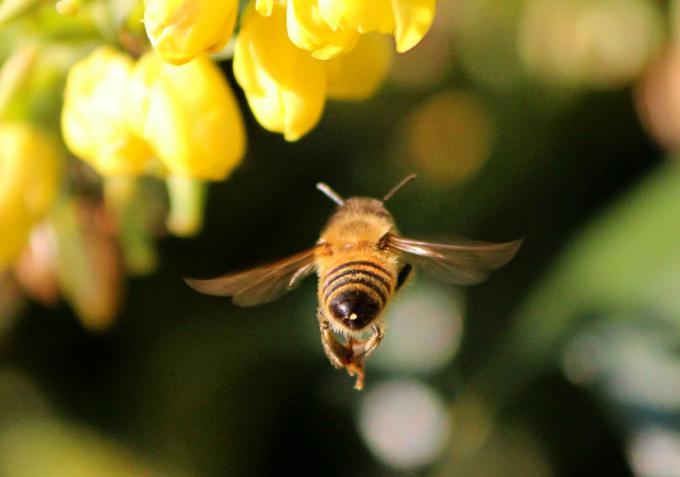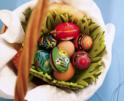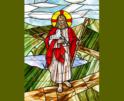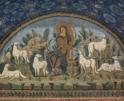
Faith
Transition makes all living things vulnerable.

Wolfe
When all human activity stops, it's easy to believe that everything else has stopped, too. But nature shows us otherwise. The moon still waxes and wanes, the winter constellations sink toward the spring horizon, and the sun rises higher in the sky. Trees and flowers blossom and grass -- and weeds -- grow tall. Birds sing and build their nests. The natural rhythms of creation continue, despite the coronavirus pandemic and what we've done -- or more accurately, what we've stopped doing -- in response to it.
That became very apparent to me last Thursday morning when we fed the dogs and took them outside. Tiny fruit had begun to appear on the satsuma orange tree in our backyard, and I approached the tree to take a closer look. Between the leaves, I noticed that there were a significant number of bees buzzing around the branches. Strange, I thought. Bees had been plentiful when the tree was in bloom, but the flowers had long since withered. And then I saw it: a swarm of bees was hanging from one of the branches near the trunk; clumped together, they were the size of a football.
I shrieked and moved quickly toward the house, because I am allergic to bee stings, or so I was told by the nurse at the Girl Scout Camp Ledgewood when I was 11 or 12. After a yellow jacket stung me on the palm of my hand my whole arm swelled up. After that, I used to carry an epinephrine syringe with me, especially if I was planning to be outside for an extended period of time. But I stopped many years ago -- mostly because I've never been stung again.
A swarm, however, is a whole other matter, especially since we didn't really know what kind of bees or hornets or wasps they were. Thankfully, they didn't match the frightening images of the murder hornets that had managed to steal a few headlines away from the virus the week before. They looked like honey bees, at least I thought so.
I have to say that the sight of a huge clump of bees hanging all over each other made my skin crawl. Still, their appearance out of thin air on a warm sunny morning was intriguing. I could have stood at my mother's bedroom window and watched them all day.
We texted a photo to the exterminator and confirmed that they were indeed honey bees. If they weren't, I would have been planning their demise, but honey bees are worthy of protection, so we contacted a few beekeepers. One told us that the swarm would probably leave on its own within a day or two. He was right. A few days later, a few hours before the rain, the swarm disappeared as stealthily as it came, and left a pure white bit of beeswax honeycomb behind. It's still hanging there.
It's all very interesting. A queen bee leaves the hive with half her subjects in tow when things get cramped. She prepares the move in advance and departs only after she has laid the eggs that will become new queens and lost enough weight to fly. She does not know where the new hive will be. The swarm lands in a nearby tree. Most of the bees huddle around the queen to protect and keep her warm, but others scout out a new place to live. The scouts return and communicate what they've found by physical movement, and a mysterious democratic decision process takes place. Then all the bees fly to what will become their new hive.
But think about it. Bees swarm when they are on the move, and they move without knowing where they will end up. They keep the queen at the center, trust each other to find a safe place, and they all share the risks of swarming. Transition makes all living things vulnerable. These recent weeks and months are certainly transitional for us; few of us will end up in the same place we were when all of this began. But we need not fear. A new place has already been scouted out for us. We can learn a few things from honey bees: how to move together, what's worth protecting, and where to rebuild a community alive with activity and sweet with purpose.
- Jaymie Stuart Wolfe is a Catholic convert, wife, and mother of eight. Inspired by the spirituality of St. Francis de Sales, she is an author, speaker, and musician, and serves as a senior editor at Ave Maria Press. Find Jaymie on Facebook or follow her on Twitter @YouFeedThem.
Recent articles in the Faith & Family section
-
Popular devotions and the liturgyFather Robert M. O’Grady
-
The Fight for Our FaithMaureen Crowley Heil
-
The shepherd's voiceScott Hahn
-
Scripture Reflection for April 21, 2024, Fourth Sunday of EasterJem Sullivan
-
The new Temple: How Easter changes religionDr. R. Jared Staudt


















